Listen Up!
In my opinion, the quality of a good relationship is measured in part by how well the parties listen to each other. Reflecting back on the best of all times with others is when a genuine conversation took place; where there was a sweet rhythmic dance of the dialog. I reflect on such times with a set of friends in Louisiana. We’d gather spontaneously, usually at our home. What often started off as checking in with each other ended up hours later with a most memorable and delicious fraternity. We joked and laughed as we played games, then strolled into one another’s lives touching on the ups and downs we faced. Often, we would get seriously quiet as we contemplated some pretty profound things one or more of us were facing. At times we would cry together. At other times we would laugh together. All in all, those were good times and we bonded more than mere friends would. In those hours we were like an ideal family.
As time marched on, those events happened less and less. Why? We had tasted something very good and we longed for it. Periodically, when we would travel to Boise, we would enter into such heavenly episodes with family or friends (who once lived in Louisiana). Every now and then, we found this dance among people and friends in Denver, San Diego, Monterey, Long Beach, or San Jose.
Certainly, there is a positive chemistry between good dancers. Temperaments, personalities, and common interests come into play. With some, such as a dear family we met in Long Beach right before we moved, things clicked. With them, it was as if we had known each other for years and therefore could converse pretty much about anything.
But why did we connect? There are, no doubt, many reasons, yet I will name two. First, I think that we all had a mutual respect for each other. There was no fear. Neither was there an attempt to be better than the other. There was a simple humility that said, “You are important and I am going to respect you and what you say.” Second, I believe, is that there’s a willingness and ability to listen. (To learn more about how to listen, examine How to Improve Your Listening Skills.)
Many years ago, as a seventh grader and new to a town in New Jersey, I wanted to know how I could make friends. In one of our required hours at the school library, I noticed a book that grabbed my attention. Now that was rare because I had not yet learned to enjoy reading. The book was How to Win Friends and Influence People by Dale Carnegie. The biggest thing I gleaned from that popular and informative book was the value and importance of listening. From that time on, listening is a premium quality worth owning.
A few years ago, preparing to teach a leadership class on the subject of communication, I came across another good book. Listen Up by Barker and Watson. It is well worth absorbing. It is from this book that I write the rest of this.
One of the reasons why I (we) have not often been able to find those enriching engagements is because most people are poor listeners. The Bible is informative on this subject, as is Listen Up. Here are a few reasons for poor listening:
* they never learned good skills for listening
* they learned skills from bad behaviors taught or modeled by others
* laziness (for it takes work to hear a person out)
* mental deficiency or disorder
* mental fatigue
* talking too much so as not to give others the chance to talk
Pride is at fault
However, it seems the most common reason is due to pride. Pride of the arrogant, even hubris type. Pride carries the belief and attitude that what another person has to say is unimportant. Pride says that I know enough or more, so I have no reason to hear you. Arrogance says that I am more important, so I will not waste my effort or time on you.
Pride also practices irritating habits. Listen Up lists only the top ten (Barker and Watson, p. 88) but they are worth mentioning:
1. Interrupting the speaker.
2. Not looking at the speaker.
3. Rushing the speaker and making him feel that he’s wasting the listener’s time.
4. Showing interest in something other than the conversation.
5. Getting ahead of the speaker and finishing her thoughts.
6. Not responding to the speaker’s requests.
7. Saying, “Yes, but…,” as if the listener has made up his mind.
8. Topping the speaker’s story with “That reminds me…” or “That’s nothing, let me tell you about…”
9. Forgetting what was talked about previously.
10. Asking too many questions about details.
What I seem to encounter most often by certain people is the habit of disconnecting within the first few words of a discussion. Their eyes get this glazed-over look revealing they have changed their mental channel. On occasion, I’ll start a conversation in one direction and jump to something completely unrelated just to see if there’s any reaction. There rarely is. I’ve been told that’s mean but who is really being mean?
The other thing frequently encountered is being cut off while speaking. Oh, pardon me, but was I talking? The third most annoying thing that often happens is when someone will tell you something, usually having to do with her or his life, and when you begin to sympathize by talking about something similarly encountered, they ignore what you say and continue talking about their thing or life. What they are communicating is that you are merely present to receive their stories, challenges, woes, or self-interests.
Those irritating habits are certainly annoying. What’s more, they are denigrating and at times humiliating. Like the pride from which they flow, they tell say that you or I am unimportant, unworthy of being in their presence. So, my response, good or not, is to leave or if it’s someone who is known to have these irritating habits then I just merely refuse to engage, and if possible to avoid altogether. Nearly everyone who comes to mind who regularly does these things do not even seem to care whether anyone is listening. They’ll talk and talk and talk. Perhaps it’s because they are the only ones they will listen to?
Bad listening negates your relationships
Frankly, bad listening negates relationships. Bad listening will not allow for the dance of caring engagements or the melody and rhythm of beautiful dialogs. Indeed, bad listening often destroys established relationships, be they friendships, marriages, or familial ties. For all those reasons, I really, really hate bad listening. It’s torture. My worst nightmare would be that I would end up in Hell for eternity and Hell would be a place where you are among a dozen close relatives or supposed friends who are all perpetually talking but no one is listening. I am there but functionally invisible. Perhaps I hate bad listening most of all because it steals the slightest opportunity to have a precious, rewarding, life-enhancing discourse and exchange. It’s like going to a dinner and being served a plate of rotting, putrid fish when you know that the possibility exists for having your favorite dish. Can you relate?
So, what to do?
Bad listeners, can, with desire, determination, training and a good measure of humility, become effective and good listeners. The authors of Listen Up tell us that good and effective listeners have these common characteristics (Barker and Watson, p. 108):
1. patient
2. caring
3. loving
4. understanding
5. selfless
6. attentive
7. poised
8. generous
9. open-minded
10. thoughtful
11. intelligent
12. empathic
13. involved
Not surprisingly, most of these qualities are presented in biblical Scriptures (but that’s for another time).
The authors help us by giving us strategies for improving our listening skills (Listen Up, pp. 109 ff). Of course, they provide details, but allow me, if you will, to highlight their four main points.
1. Know when to be silent and when to speak.
Counselors have used a very simple technique, particularly with couples who are having a difficult time communicating. They give one partner an object, such as a ball. S/he then has the right to speak. When s/he has made the point s/he gives the object to the other person and that person speaks. The first partner is now obligated to keep quiet and work at listening. When the second partner has had his or her say, the object goes back to the other. And so it goes. Simple, but effective training tool to develop the skill of when to speak and when to be silent.
2. “Put a lid on it.”
Keep emotions under control. This is certainly a useful strategy in formal or business relationships. I would say, though, that when people know how to communicate well (which involves effective listening), then emotions become a natural part of the dialogical dance. For example, loving and Christ-like relationships are supposed to have the ability to weep with those who weep and rejoice with those who rejoice (Romans 12). In other words, to have and show empathy. Otherwise, the authors have an excellent point and they suggest the following “tips to stop emotions from taking over:”
1. Be aware in advance of people and topics that trigger emotions.
2. Analyze why you react to some words and ideas emotionally.
3. Resist the temptation to get defensive.
4. Empathize and remember that the speaker may have different meanings for words than you do.
5. Withhold judgments until the speaker is finished.
3. Show interest.
It takes a basic level of humility and care to develop this. The authors say we can show interest by remembering what was said in previous conversations, remembering their names, using eye contact effectively, and making it easy for others to talk. What they mean by that is consciously doing what often happens naturally when a good rapport has been established: nod your head, keep eye contact, lean forward, do not interrupt, and casually mimic the other person’s body language (don’t overdo this or make it obnoxiously obvious).
4. Finally, use paraphrasing and reflecting skills.
This means repeating back to the other person what you hear them saying so as to gain a healthy level of understanding.
So what’s the point of all this?
Listen! Selfish pigs (and people too) don’t listen. Prideful ones have no room for others and so they will live in their own little world oblivious to the reality of other worlds where people genuinely engage one another in a way that is healthy, helpful, caring, and of mutual benefit. They are deaf to the music of mutual concern, benefit, and affection. Listen! Because of the rich rewards good listening can reap for you, for others and for society. Listen! Because of the potential for developing and enhancing relationships. But most importantly, for those who name the name of Jesus, listen! Listen - because he has spoken and is speaking, and calls us to hear. Listen, because we are called to have loving sympathy, even empathy for others. Listen, because he first listened. Listen, so that you can dance his dance.
What do you think? How good are you at listening? Do you need help improving your listening skills to become more effective with others? If so, contact me if you want solutions.
__________________
In the meantime, if you have not already read these books, consider purchasing your copy and applying what they give. You'll improve your life if you do.


